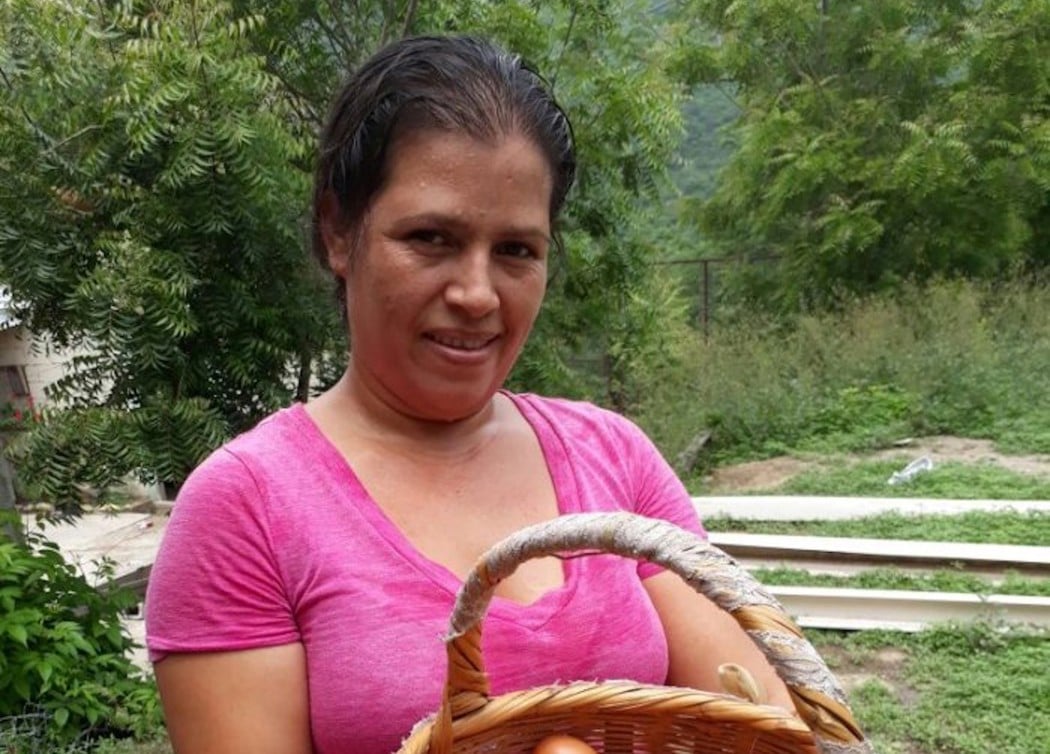Chronic malnutrition rates in Guatemala are the highest in Latin America, and the sixth highest in the world. Spanning the country is a region known as the “Dry Corridor.” This region has been identified by the United Nations as needing immediate assistance, due to alarming conditions that include 80% of households living below the poverty line and families suffering from water scarcity, food insecurity, violence and extreme climate events.

Following our purpose of Feeding the Future, Nutreco, Trouw Nutrition SCA and our local NGO partner Good Neighbors initiated the Plumas project in 2017. Plumas aims to break the poverty cycle by providing a sustainable source of income and a stable source of food and enabling access to education. It aims to do this by empowering women to produce one of the richest and most affordable sources of protein – eggs.
At the start of the project, 50 families in La Fragua, a community in the Dry Corridor, received a hen house, feeding troughs, drinking troughs, bedding, layer feed for two months and 100 laying hens. The women of the households also received farming and animal health training from Guatemala’s Ministry of Agriculture and Trouw Nutrition experts, as well as business and management training from a local educational institution. By becoming egg producers, women in each household were able to provide a source of income to their families and at the same time secure a source of protein to feed them.
By 2019, the project had become self- sustainable. A cooperative among all of the women in the community was formed, allowing them to sell their eggs collectively and purchase feed, and a revolving fund was settled to purchase the flock for the new cycles.
However, the project faced several challenges, including short-term thinking and a tendency for individualism. In 2020, due to COVID-19, extreme weather conditions and a rise in violence in the region, these pre-existing challenges worsened, resulting in a deterioration of the project, the loss of the revolving fund and a decrease in the number of families active in the project to just five.
Today, even though the project did not fully achieve its objectives, we celebrate the improvements that Plumas brought to the community. Water scarcity is no longer a reality for over 200 homes due to a 213-metre-deep well that was built in 2020, while a new electric supply system was installed in 2021, which resulted in more families having access to electricity.
Additionally, the knowledge transmitted through various training programmes inspired the women that participated in Plumas to start their own small businesses. Some have decided to continue selling eggs by themselves, while others have opened their own local store. Furthermore, the children that received scholarships from Trouw Nutrition have now graduated from high school and have become teachers, accountants and computer and business specialists. Others are continuing their education.
More than 200 homes no longer lack water, more families have access to electricity, and more knowledge is being passed on through various training programmes.